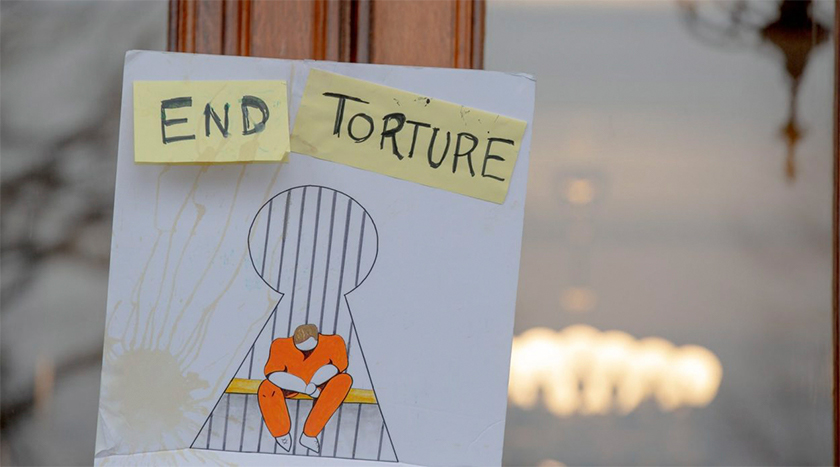Stopping Solitary Confinement of Inmates with Serious Mental Illness
The firm represented the National Disability Rights Network (NDRN) in submitting a friend-of-the-court brief in support of an appeal filed in the Third Circuit Court of Appeals by an inmate with serious mental illness. NDRN is an association of nonprofit organizations that provide legal representation and related advocacy services to individuals with disabilities and investigate abuse and neglect of these individuals in a variety of settings.
The inmate who brought the appeal had been diagnosed with manic depression and paranoid schizophrenia, for which he was being treated while incarcerated. He was placed in solitary confinement for months at a time, and he alleged that his placement was in retaliation for his mental illnesses, loud voice, or minor rule infractions.
The District Court for the District of Delaware dismissed the inmate’s claims that the prison was violating his constitutional rights by holding him in solitary confinement for long periods without access to adequate mental health services. The court concluded that the prison officials were immune from suit because the inmate had not shown that “housing a mentally ill inmate in solitary confinement for long periods of time violates a clearly established Eighth Amendment prohibition of cruel and unusual punishment.”
Our brief argues that the District Court erred when it dismissed the inmate’s claims because the prison officials knew or should have known that holding the inmate in those conditions could amount to a constitutional violation. The brief identifies both case law and scholarship documenting the well-known psychological and physical harms that prolonged solitary confinement can cause inmates with serious mental illness. It also highlights other cases from the Third Circuit and the District of Delaware that found placing a mentally ill inmate in isolation can amount to cruel and unusual punishment.
The appeal remains pending.

